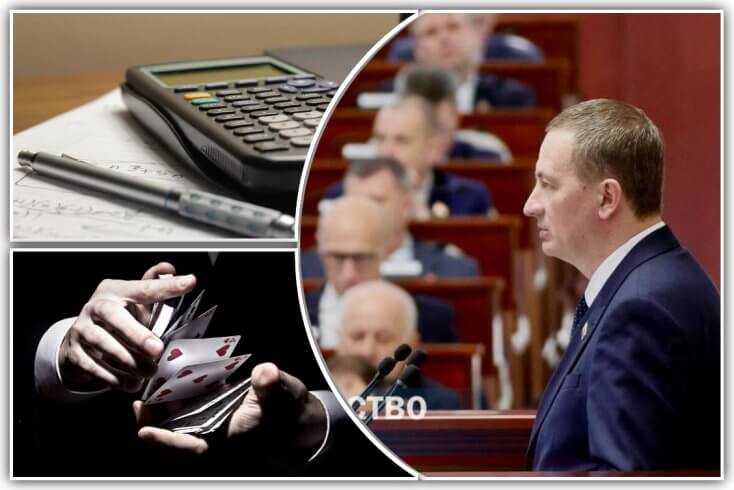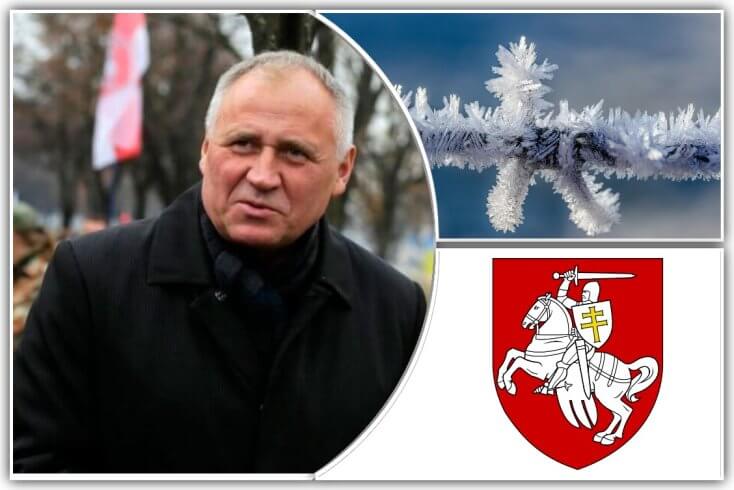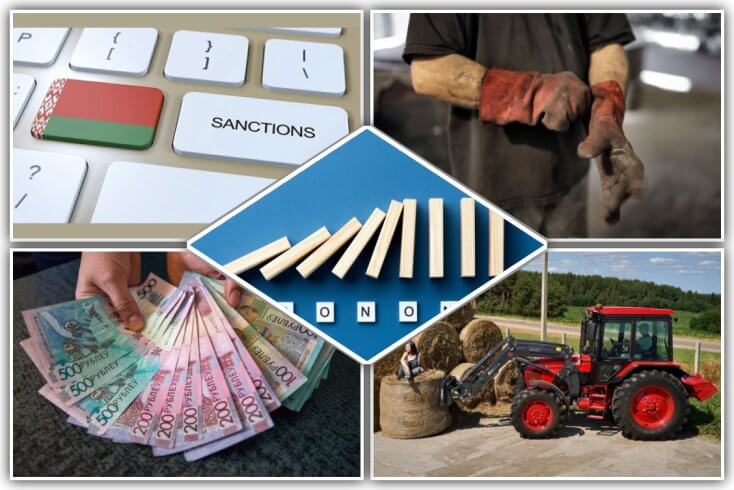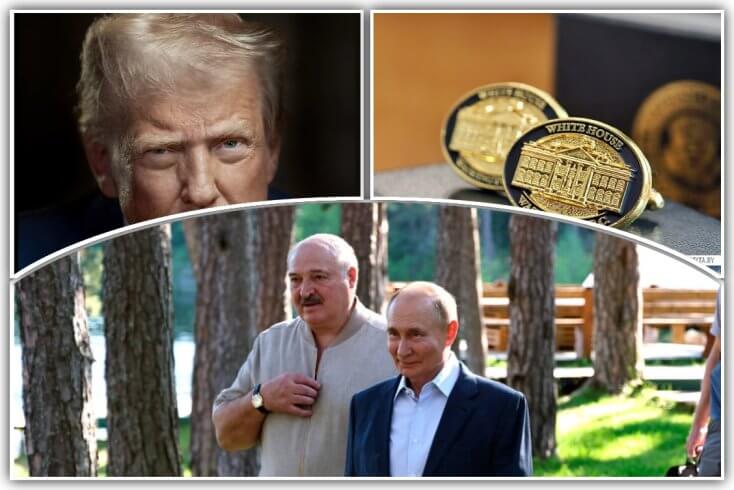Russia continues to expand its economic, political, military, cultural and ideological influence over Belarus. Although the Kremlin regards an independent Belarusian state as a historical nuisance, it is quite happy with Minsk’s current policies and is not forcing Belarus to become part of Russia.
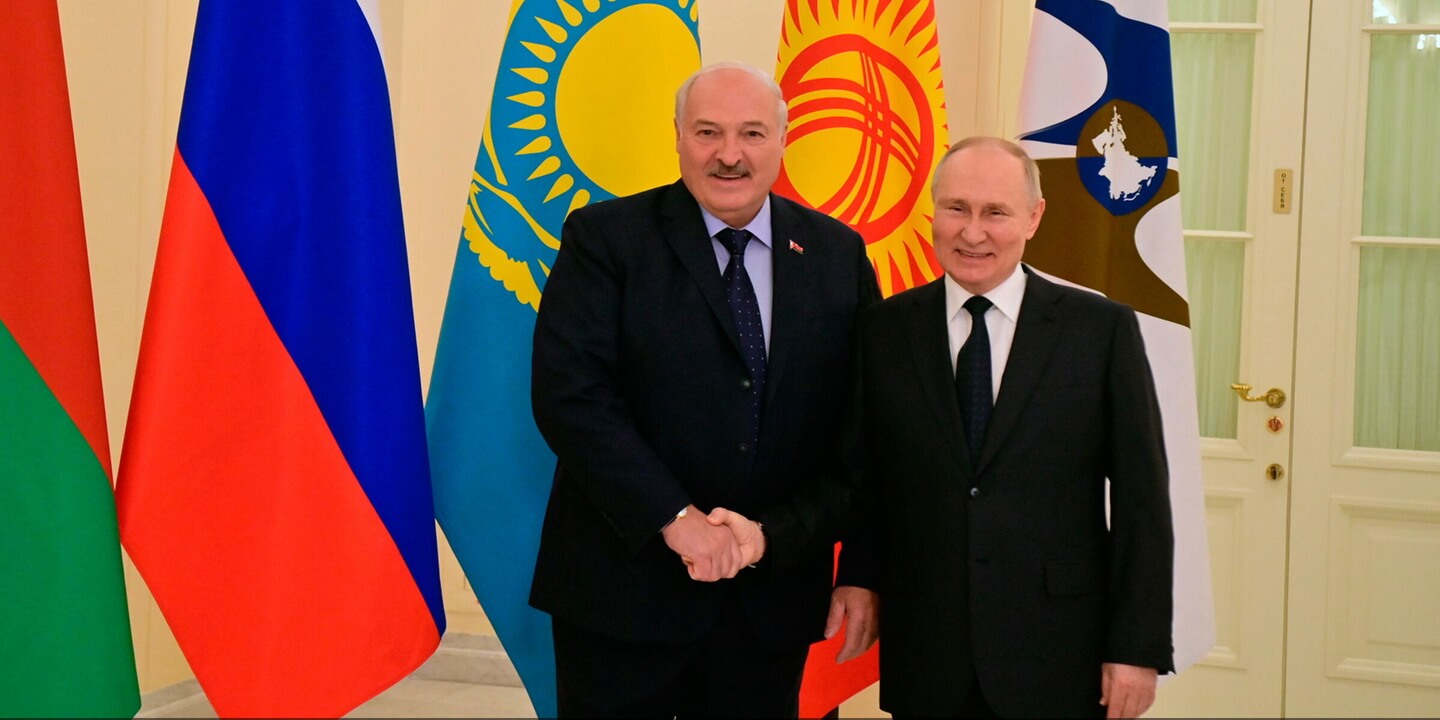
Relations have not always been smooth
In 2002, Łukašenka voiced his indignation at Putin’s alleged proposal for the incorporation of Belarus into Russia. “Even [Vladimir] Lenin and [Josef] Stalin did not think of breaking up Belarus into pieces to incorporate it in the RSFSR or USSR,” he said after a meeting with the Russian leader. Russia’s Nezavisimaya Gazeta described his remark as a “public insult” to Putin.
The Russian president has always made a distinction between Lenin and Stalin. He blames Lenin for undermining Russian statehood and creating modern Ukraine, and praises Stalin for building a superpower and winning World War II.
Even after Łukašenka rejected Putin’s proposal, the Belarusian strongman continued to integrate his country with Russia, but the question of Belarus’ incorporation was no longer on the table.
Belarusian opposition leaders have always feared that Russia is looking to absorb Belarus. In 2002, Łukašenka kept a tight grip on the country and was perceived until 2020 by some of his internal opponents and Western politicians as a guarantor of independence and sovereignty.
The Belarusian ruler did not recognize Georgia’s breakaway territories Abkhazia and South Ossetia as independent states, Russia’s annexation of Ukraine’s Crimea, and the independence of Donetsk and Luhansk regions.
His reluctance to accept Moscow’s territorial claims allowed him to successfully project an image of a champion of Belarus’ national interests. Some of his political opponents criticized his policy of integration with Russia, but at the same time hoped for Moscow’s support in ousting Łukašenka.
Anti-Russian sentiment became dominant among Belarusian pro-democracy activists after Russia’s full-scale invasion of Ukraine, while Łukašenka, fearing a defeat during the 2020 protests, had to beg Putin for help and accepted the role of a vassal, albeit reluctantly.
Is the annexation of Belarus only a matter of time?
Historical mistake Putin willing to tolerate
Soviet leaders always considered the Belarusian Soviet Socialist Republic a separate territory with its own economic, social and cultural characteristics, even though it was an integral part of the USSR.
In contrast, Putin and his generals seem to be guided by tsarist ideas of a monolithic empire and Russia’s so-called special historical mission.
When it comes to Ukraine, Putin often speaks of Russia’s historical territory, Russian cities and Russian population, and refers to Ukrainians and Russians as one people.
At a meeting with generals on December 19, Putin said that Russia was “the only guarantor of Ukraine’s sovereignty and territorial integrity.” But he made it clear that the very existence of the Ukrainian state was possible only with Moscow’s consent and that Moscow has the right to administer Ukraine’s sovereignty and territories at its discretion.
No doubt, Kremlin takes the same chauvinist and imperialist approach to Belarus, as German Chancellor Olaf Scholz revealed in August.
Recalling his talks with Putin before the Russian invasion of Ukraine, the chancellor noted that the Russian president essentially rejected the statehood of Belarus and Ukraine. These parts of “historic Russia” “should not be independent states,” he quoted Putin as saying.
Putin, his entourage and the Russian propaganda machine have so far refrained from openly claiming the territory of Belarus, but this seems to be only a matter of time.
The annexation of Belarus is not a priority for the Kremlin these days as long as the current government in Minsk fully complies with Moscow’s wishes.
For Putin, Belarus led by his autocratic buddy is a historical embarrassment that he is still willing to tolerate, unlike democratic Ukraine which opted to finally break away from the empire and join the European Union and NATO.
Belarus under Putin’s thumb
In August 2022, Łukašenka lambasted Scholz for disclosing the details of his conversation with Putin, and emphasized that Belarus’ independence was not up for discussion.
He called Scholz a “kid [Rus.: patsan] who does not understand and does not want to understand anything about politics.” Scholz should have asked Putin for permission to discuss the topic in public, he said.
According to the Belarusian leader, Putin has never spoken to him in such terms.
However, the history of Belarusian-Russian relations and the Kremlin’s overt irredentism give no reason to doubt the veracity of Scholz’s revelations.
As an autocrat with extensive political experience and a connoisseur of Russian politics, Łukašenka knows Moscow’s moods and goals better than anyone. A political realist, he takes isolation and Western sanctions, the war in Ukraine and growing dependence on Moscow as a fact of life, a reality in which he must exist and survive.
China is far away and its policy towards Belarus depends on Moscow.
Minsk could improve ties with the West only if Łukašenka agreed to political liberalization. At the very least, he would have to stop the reprisals, something he does not want to do at the moment.
In such circumstances, Łukašenka can only hope for the best and play by Russian rules, knowing well how badly this game could end.
Putin currently pays little attention to Belarus, probably assuming that its fate is already decided. He is convinced that Belarus is under Moscow’s control and that it can continue to exist as a formally independent state as long as it pursues policies that suit Russia. What is the rush for annexation if it is already under Moscow’s thumb?
